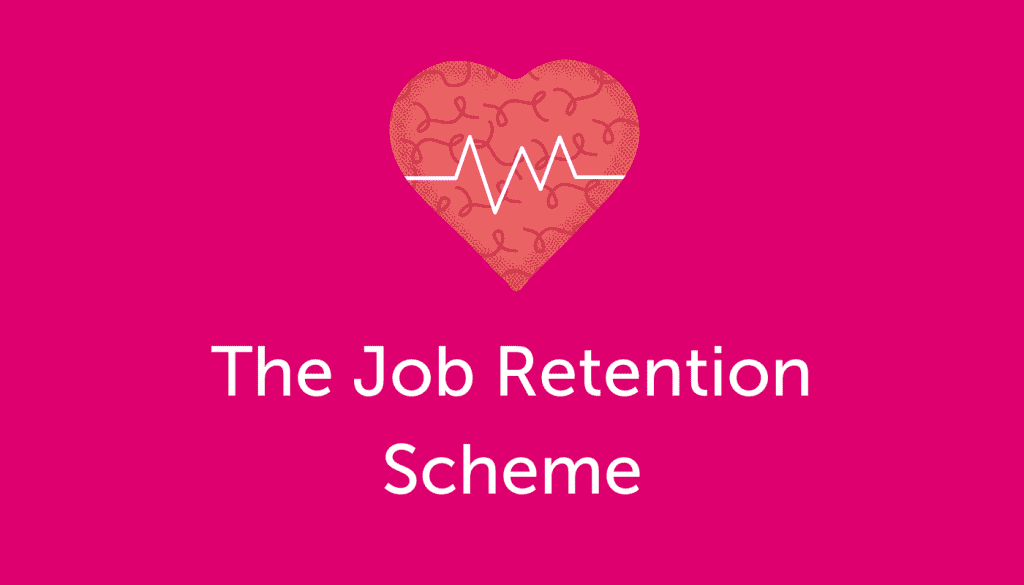
More information on the job retention scheme … Under the Coronavirus Job Retention Scheme, all UK employers with a PAYE…

More information on the job retention scheme … Under the Coronavirus Job Retention Scheme, all UK employers with a PAYE…
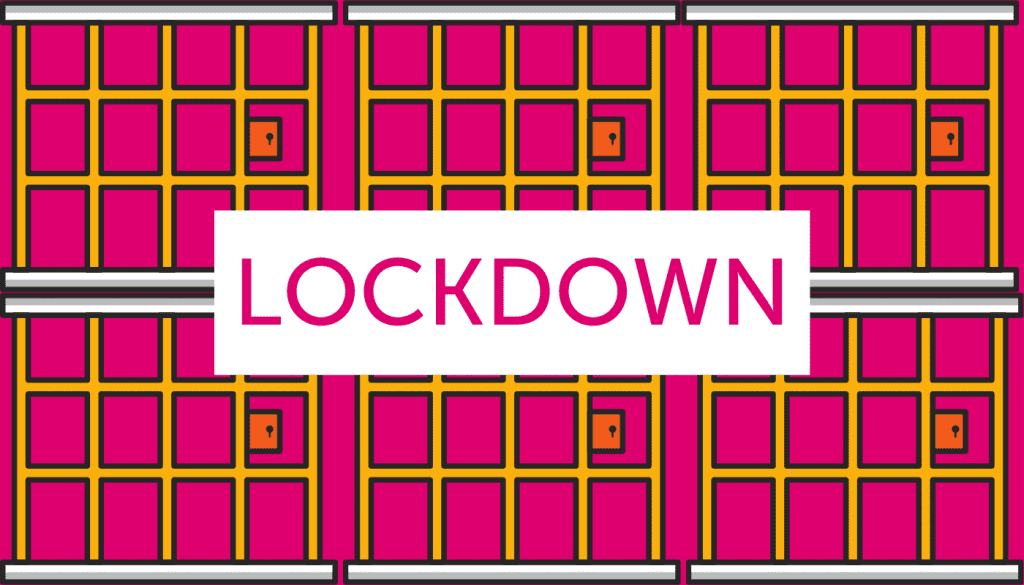
How to survive Lockdown. Being on ‘lockdown’ and staying away from others can be a lot harder and more challenging…
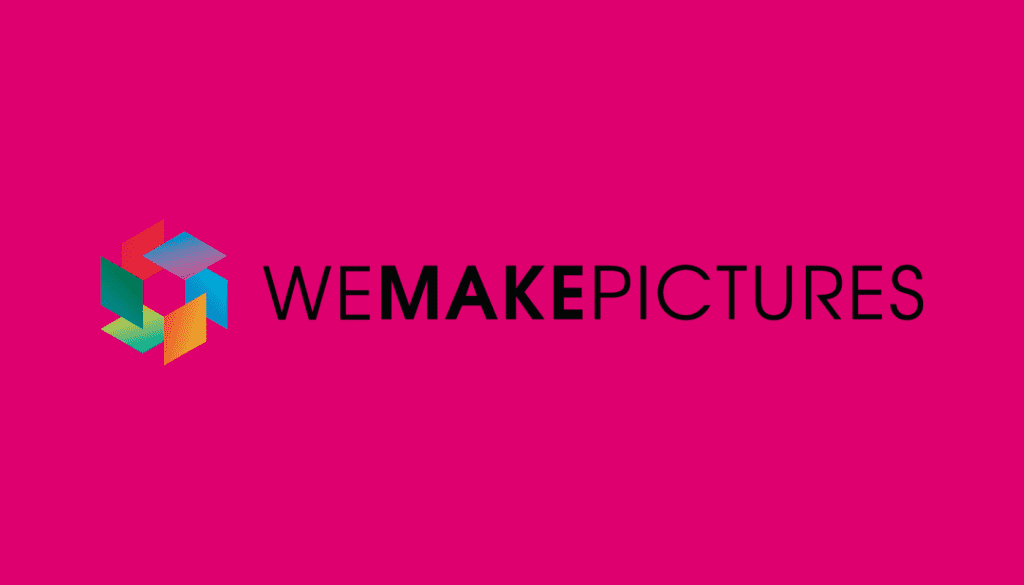
We get by with a little help from our friends. This classic Beatles song has never rung more true. Right…

What did Rishi mean I get 80%? The government has at last announced a package of support for self-employed individuals…

Here to Help You and Your Business TOGETHER On Friday the 21st of March the Chancellor set out a package…
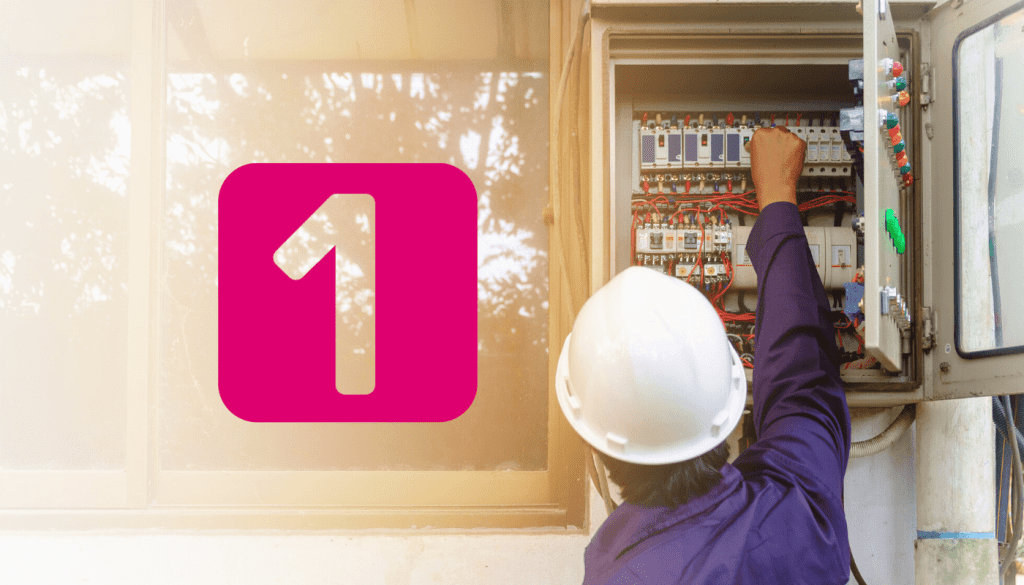
What help is there for the self employed? It seems that every day the realities of the situation the economy…

Working From Home where possible Due to the current Covid-19 crisis, the government has issued measures stating that everyone should…
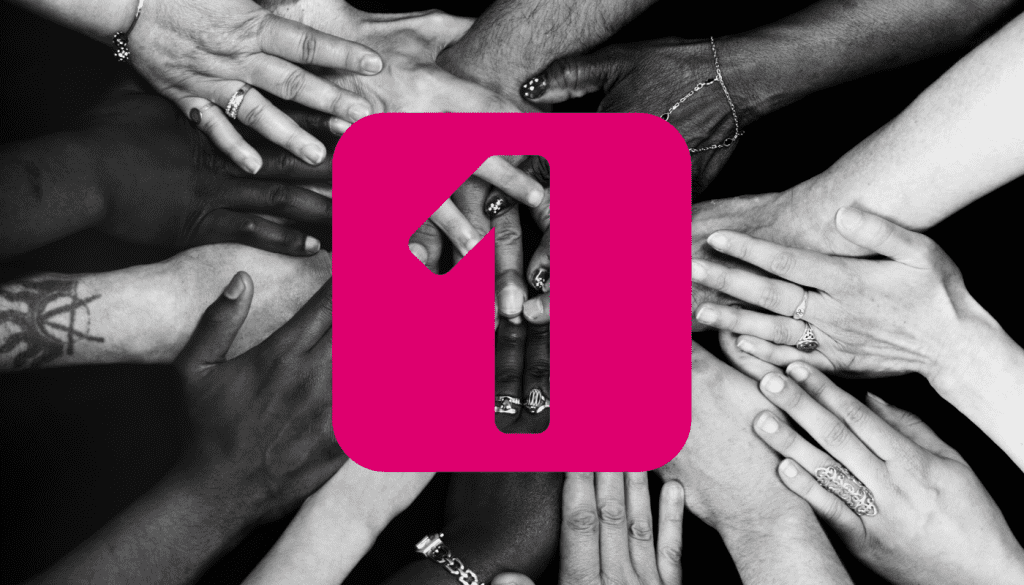
Tough Times Ahead – We Are All In This Together Without doubt we are facing an unprecedented difficult time. Small…